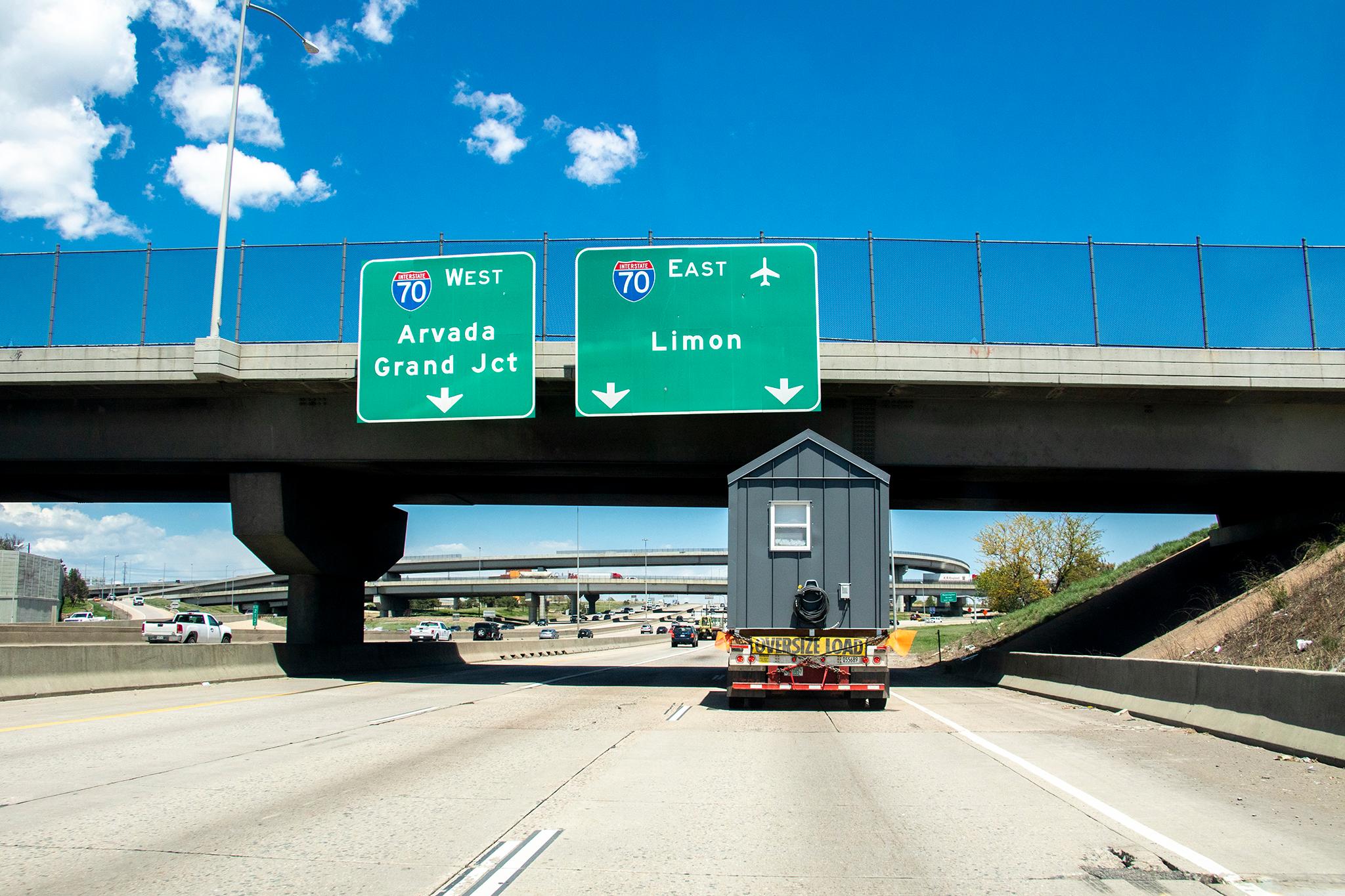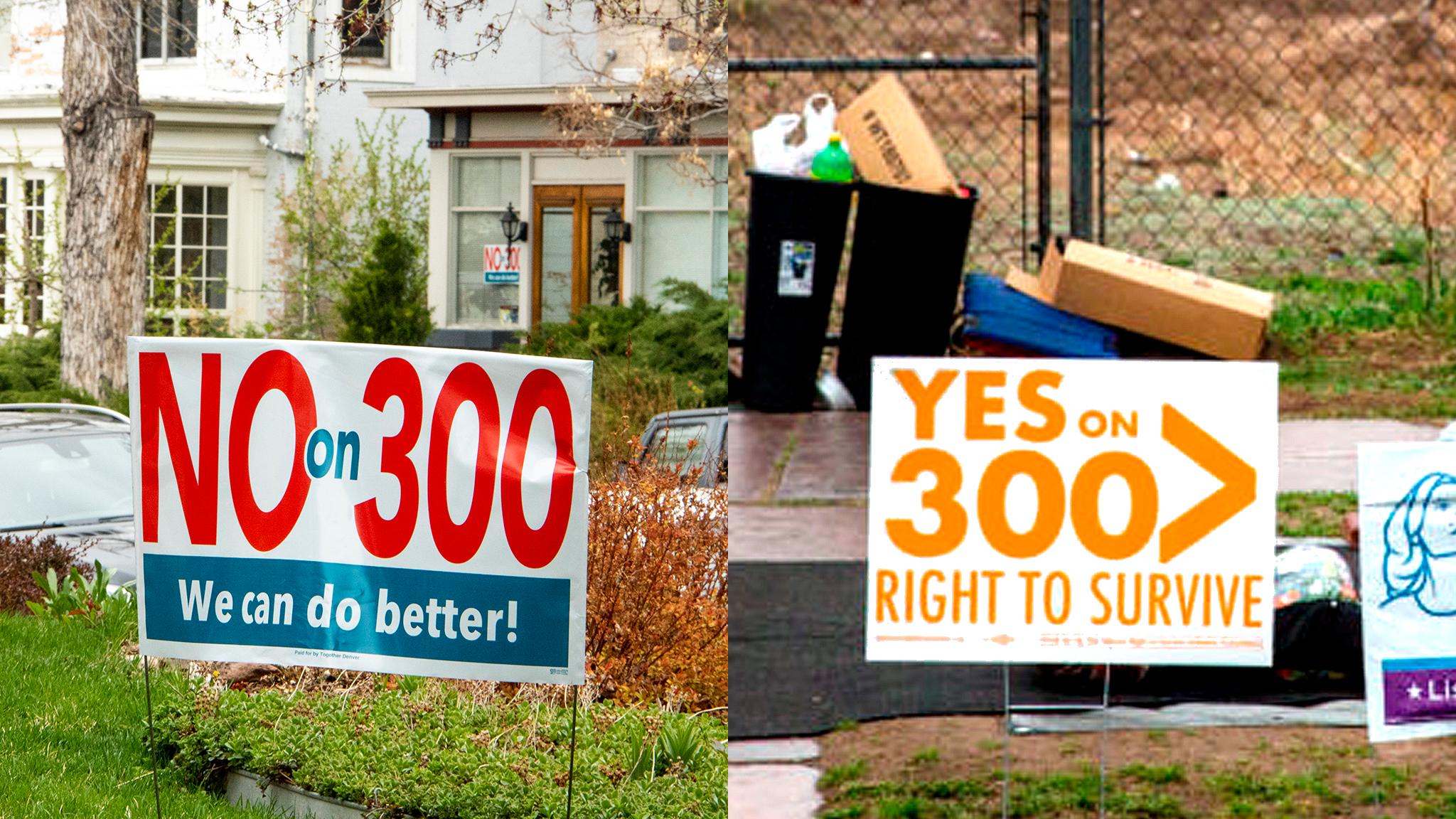The top donors to the campaign that preserved Denver's camping ban are being asked to do better.
Colorado Village Collaborative, the nonprofit that sponsors tiny homes as a shelter alternative, has sent letters via email and snail mail seeking funding from individuals and businesses that contributed more than $500 to Together Denver, the group led by prominent business and public policy figures that raised more than $2 million to fight Initiative 300. The measure would have reversed an ordinance adopted by City Council in 2012 that made it illegal "to reside or dwell temporarily in a place, with shelter."
Together Denver had splashed its campaign material with the tag line "We can do better!" and argued 300 was not the correct way to address homelessness. The measure's proponents say their goal was to ensure the rights of people experiencing homelessness were protected while work continued to house them.
"We can do better? Then let's do it," said Amanda Henderson, who chairs the Colorado Village Collaborative's board.
Henderson signed the letter dated May 23 asking Together Denver supporters to donate to help fund the expansion of tiny home villages. In an interview Friday, Henderson, who is also a minister and executive director of The Interfaith Alliance of Colorado, said the idea came out of conversations among her collaborative board members who were appalled at how much was spent to defeat 300.
The fund-seeking letter stressed that tiny home villages are not the single solution.
"As the Together Denver Team put it, 'homelessness and housing are complex issues that demand thoughtful solutions,'" the collaborative letter continues.
Henderson said she did not know what kind of response the letter has had, but that she expected an update at her next board meeting on Monday.
The collaborative is hoping to raise $160,000 in the next two months to build more homes for its existing Beloved Community Village in Globeville and prepare for a second village of tiny homes it hopes to create for women, Henderson said.

In her letter, she said "contributions will help demonstrate that Denver remains the compassionate community that continues to care about its people and public spaces."
In her interview, Henderson said she was concerned that now that the vote is over, people will move on. But she hoped to harness any momentum to address homelessness.
"The people are there. The resources are there. The compassion is there," she said. "We just need to really move people."
Henderson added that she supported 300 and would "keep pushing to end the criminalization of homelessness and poverty."
Under Denver's camping ban, even a blanket is deemed "shelter." Initiative 300 also would mean an end to an ordinance barring people from sitting or lying downtown except for overnight.
Opponents had argued 300 would have created rights that would have been hard to manage and that its possible consequences included undermining Denver's ability to maintain order and sanitation for all who use the city's public spaces. Homelessness organizations that provide shelter, health and other services were wary as well, questioning whether 300 could be read so broadly as to interfere with their efforts to help people in need. In the end, more than 80 percent of voters said no to 300.












